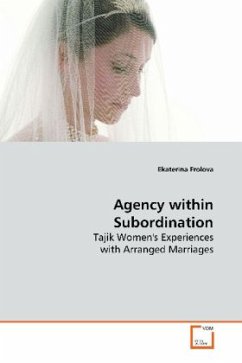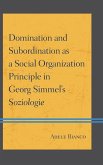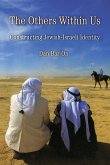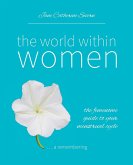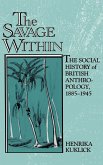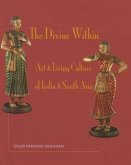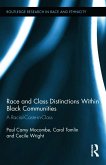Investigating particularly the question of arranged
marriages in the context of independent Tajikistan,
this work provides insights into various forms of
oppression that shape Tajik women s lives, while at
the same time trying to show that although women in
Tajikistan are being discriminated against in many
ways, they nevertheless manage to manoeuvre behind
the scenes and affect outcomes. The present work
attempts to reach beyond the misinformation or
apprehension of arranged marriages per se and,
instead, tries to understand the cultural, social and
economic context in which such marriages take place.
The particular interest of the present work is to
explore Tajik women s agency in order to see what
forms it takes both when women face the pressure to
accept a marriage and afterwards. The book provides a
rather small, but fascinating collection of women s
narratives about their experiences with arranged
marriages. The present work and the stories narrated
within it is written in an attempt to challenge the
victimization discourses about Tajik women and to
investigate the coping strategies and techniques that
these women adopt and use in order to obtain (more)
power.
marriages in the context of independent Tajikistan,
this work provides insights into various forms of
oppression that shape Tajik women s lives, while at
the same time trying to show that although women in
Tajikistan are being discriminated against in many
ways, they nevertheless manage to manoeuvre behind
the scenes and affect outcomes. The present work
attempts to reach beyond the misinformation or
apprehension of arranged marriages per se and,
instead, tries to understand the cultural, social and
economic context in which such marriages take place.
The particular interest of the present work is to
explore Tajik women s agency in order to see what
forms it takes both when women face the pressure to
accept a marriage and afterwards. The book provides a
rather small, but fascinating collection of women s
narratives about their experiences with arranged
marriages. The present work and the stories narrated
within it is written in an attempt to challenge the
victimization discourses about Tajik women and to
investigate the coping strategies and techniques that
these women adopt and use in order to obtain (more)
power.

